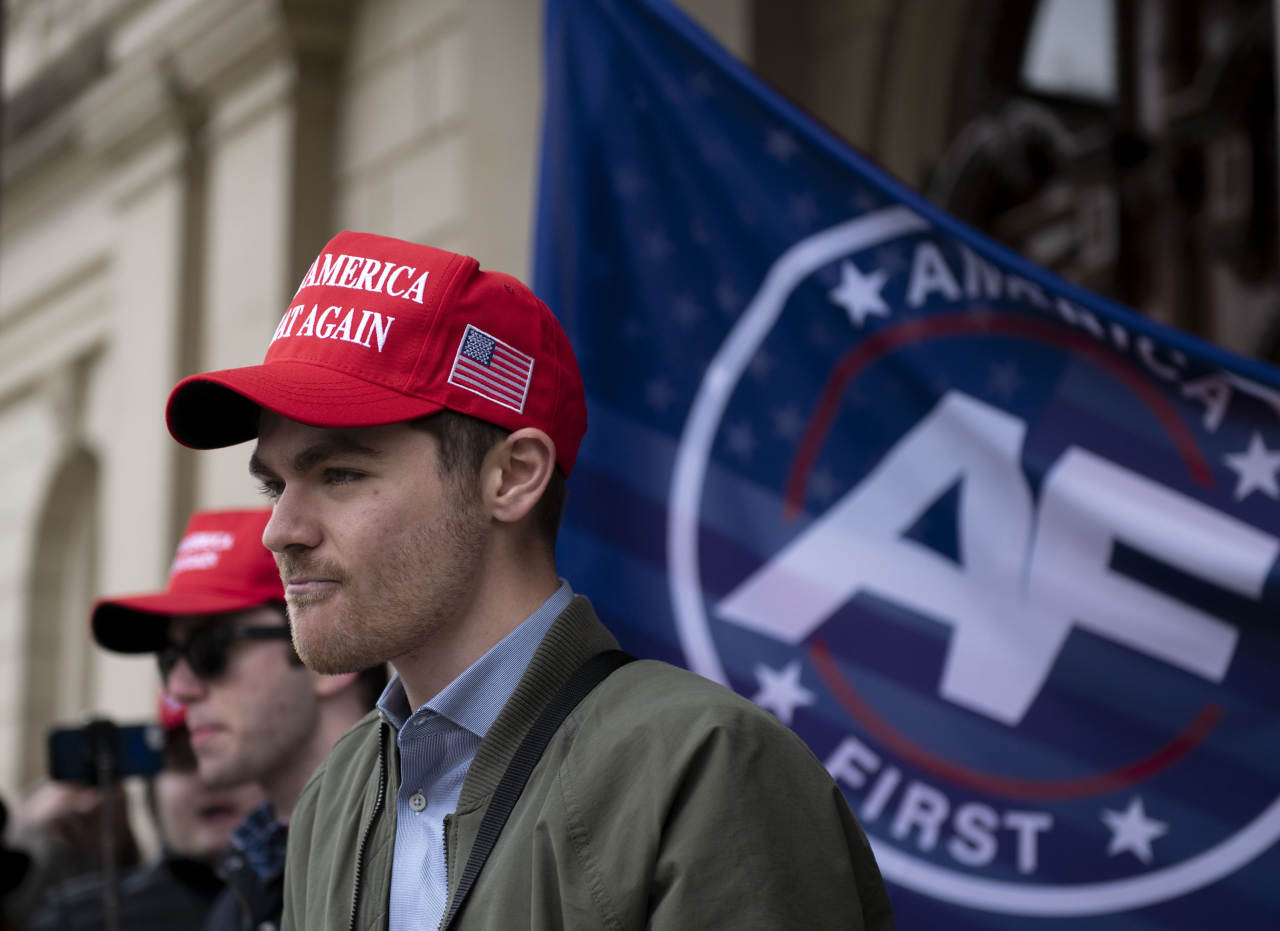The political landscape in the United States faces renewed scrutiny following comments made by Kevin Roberts, the president of the Heritage Foundation. His remarks, perceived as dismissive of antisemitic sentiments associated with far-right figures like Tucker Carlson and Nick Fuentes, have sparked a wave of criticism from various advocacy groups and political commentators.
In a recent opinion piece, Roberts attempted to navigate the complex and often contentious terrain of contemporary political discourse. His statements, however, have drawn ire from those who argue that minimizing the impact of figures known for promoting antisemitic rhetoric undermines efforts to combat hate. Critics contend that by aligning with or failing to condemn such figures, Roberts risks normalizing harmful ideologies.
Responses to Roberts’ Remarks
Following Roberts’ comments, several organizations and individuals took to social media and traditional platforms to voice their concerns. The Anti-Defamation League issued a statement emphasizing the importance of unequivocal condemnation of antisemitism in all its forms. They highlighted that figures like Fuentes, who has a history of making antisemitic remarks, should not be treated as legitimate voices in political discussions.
Political commentators have also weighed in. Many argue that Roberts’ position as head of a prominent conservative think tank places a significant responsibility on him to denounce hate speech and protect marginalized communities. Critics point out that failing to take a clear stance could embolden extremist views within certain factions of the political right.
The Broader Implications
This incident raises broader questions about the role of political leaders and organizations in addressing hate speech and antisemitism. As the United States approaches the 2024 presidential elections, the discourse surrounding these issues is likely to intensify. With rising incidents of antisemitism reported across the country, the implications of Roberts’ comments extend beyond a single opinion piece.
Advocacy groups argue that political leaders must be vigilant in their language and associations. They emphasize that the normalization of extremist views can have devastating consequences for social cohesion and public safety. As debates continue, it becomes increasingly crucial for leaders to articulate their positions clearly, especially on sensitive issues such as hate speech and discrimination.
In light of these developments, the conversation around antisemitism and its place in political rhetoric is more relevant than ever. As various factions within the political spectrum grapple with these complex issues, the responses from leaders like Kevin Roberts will be closely monitored by both supporters and opponents alike.







